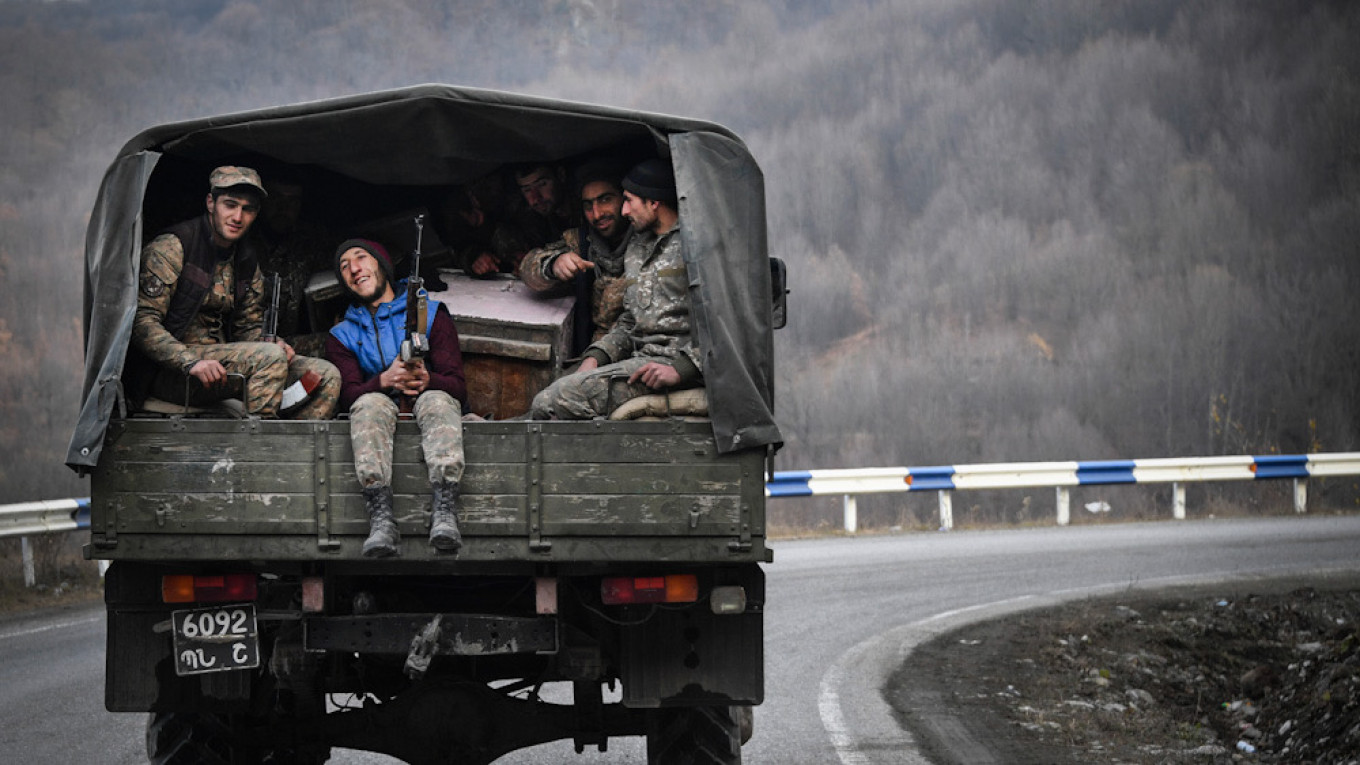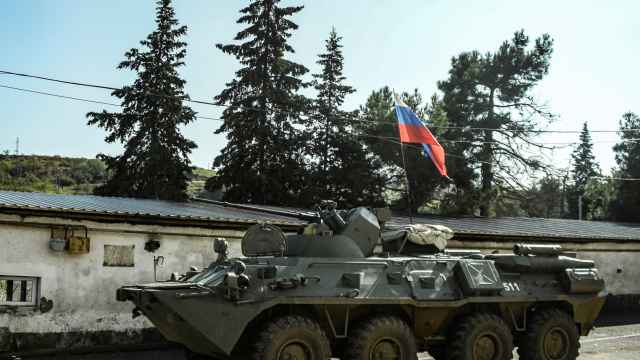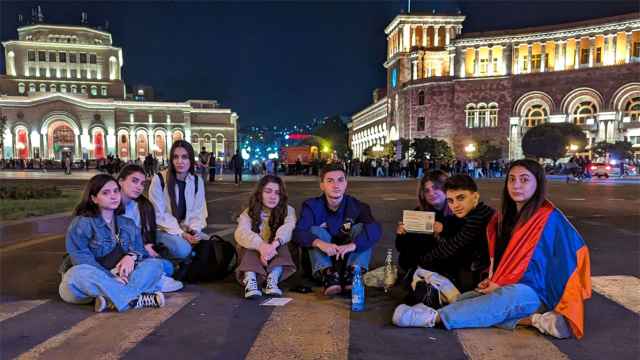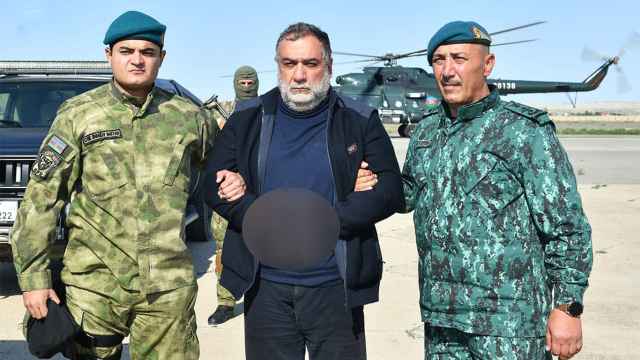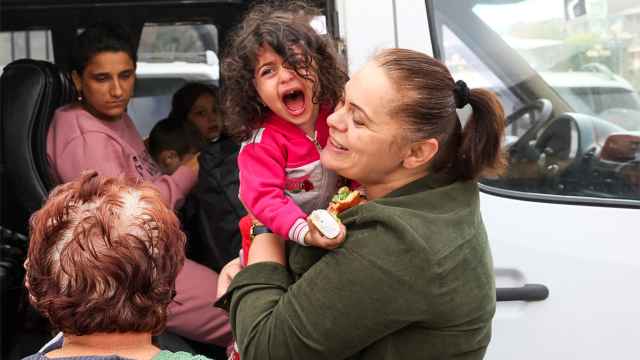Fighting has come to an end in the breakaway Nagorno-Karabakh region a week after Armenia agreed to sign a Russian-brokered peace accord sealing its defeat to longtime rival Azerbaijan.
But despite Armenia ceding swaths of territory and the deployment of a Russian peacekeeping mission, a lasting solution to the decades-long conflict remains elusive.
Return of territory
As part of the deal, Armenia and Nagorno-Karabakh must return the Aghdam, Kalbajar and Lachin districts to Azerbaijan starting on November 20, with a completion deadline of Dec. 1.
These districts and four others that Baku captured during the six-week conflict between September 27 and November 9 had been occupied by Armenia since a post-Soviet war in the 1990s. The districts were not in Nagorno-Karabakh proper but formed a security belt around the region.
Now tens of thousands of ethnic Armenians who were encouraged to move into the region after the 1990s war are fleeing as Azerbaijanis did some 30 years ago.
AFP journalists have witnessed a mass exodus from the Kalbajar district, whose handover was delayed until November 25 to allow the Armenians time to leave the region.
Many set their homes alight to make them uninhabitable for the incoming Azerbaijanis.
An influx of refugees is expected to result in an economic, social and humanitarian challenge for Armenia, an impoverished country of three million people.
Russian peacekeepers
Despite losing swathes of territory, including the strategically vital second-largest town of Shusha, Nagorno-Karabakh will see its existence guaranteed by some 2,000 Russian peacekeepers to be deployed for an initial period of five years.
“The presence of Russian soldiers in the region will be one of the most important factors in ensuring that a war does not start again,” Armenian Prime Minister Nikol Pashinyan has said.
The Russian mission will also guard the strategic Lachin corridor, the sole link between the region and Armenia.
Between 75,000 and 90,000 of the region’s 150,000 inhabitants have already fled the fighting, and local authorities have called on residents to return.
The first buses began arriving in Karabakh's main city Stepanakert at the weekend.
Elusive lasting solution
A long-term solution to the Karabakh conflict, which has plagued the South Caucasus since the fall of the Soviet Union in 1991, is not mooted in the peace accord ending the latest fighting.
Since the mid-1990s, efforts by the co-chairs of the Minsk Group — Russia, France and the United States — have not produced lasting results.
Azerbaijani President Ilham Aliyev has adopted a hard stance in victory, backtracking on an earlier promise of autonomy for Nagorno-Karabakh.
“Karabakh will have no [autonomous] status as long as I am president,” Aliyev has said.
Baku can also count on the unwavering support of Turkey, which after having armed and supported Azerbaijan in the latest war, has established itself as a key player in the region.
Ankara will also play a part in the peacekeeping operations, even if its role remains vague.
Aliyev, who sees the Minsk Group members as pro-Armenian, has welcomed a new negotiating format that would include Turkey.
Historically, Yerevan sees Turkey as a foe determined to wipe Armenia off the map and will push to exclude it from any future negotiations on Nagorno-Karabakh.
A Message from The Moscow Times:
Dear readers,
We are facing unprecedented challenges. Russia's Prosecutor General's Office has designated The Moscow Times as an "undesirable" organization, criminalizing our work and putting our staff at risk of prosecution. This follows our earlier unjust labeling as a "foreign agent."
These actions are direct attempts to silence independent journalism in Russia. The authorities claim our work "discredits the decisions of the Russian leadership." We see things differently: we strive to provide accurate, unbiased reporting on Russia.
We, the journalists of The Moscow Times, refuse to be silenced. But to continue our work, we need your help.
Your support, no matter how small, makes a world of difference. If you can, please support us monthly starting from just $2. It's quick to set up, and every contribution makes a significant impact.
By supporting The Moscow Times, you're defending open, independent journalism in the face of repression. Thank you for standing with us.
Remind me later.


